
The International School of Economics at TSU (ISET) and ISET Policy Institute are looking for a Communications Specialist. Dimension and Scope: &bul...
Read more




![]()
![]()
![]()
![]()
![]()
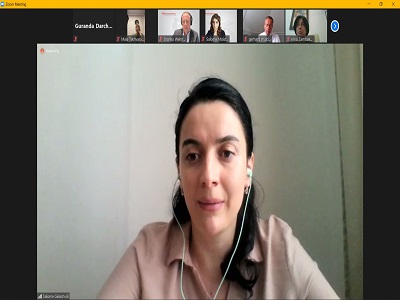
Hosted and moderated by ISET Policy Institute’s Salome Gelashvili, Acting Head of the Agricultural and Rural Development Policy Research Center,...
Read more
We were thrilled to see Salome Gelashvili, head of the ISET-PI Agricultural Policy Research Center (APRC), actively participate in a UNDP Georgia onli...
Read more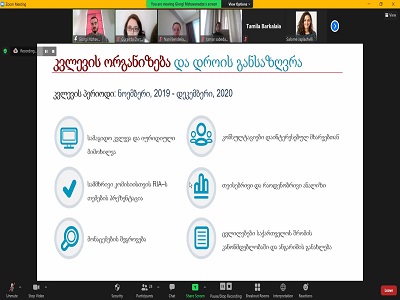
Our latest online presentation highlighted women’s rights in Georgia and crucially considered their role in employment, childcare, and within so...
Read more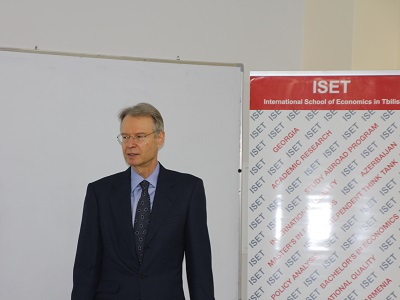
On November 8, ISET was visited by Mr. Juha Kahkonen, Deputy Director of the Middle East and Central Asia Department of the IMF, who gave a presentati...
Read more
Considering the significance of a green post-COVID recovery, alongside the importance of maintaining an ecological diverse economy, ISET Policy Instit...
Read more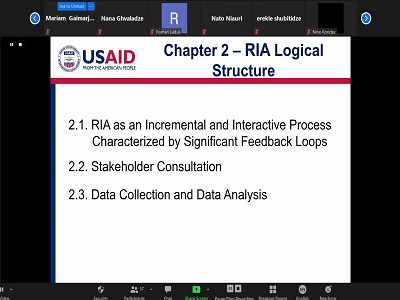
ISET’s Policy Institute is proud to announce the unveiling of its Regulatory Impact Assessment (RIA) Manual. The ISET Director, Tamar Sulukhia, ...
Read more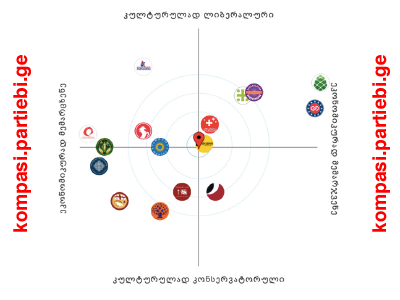
Parliamentary elections are just around the corner. A well informed and empowered citizen is central to the outcome of elections that will be in the b...
Read more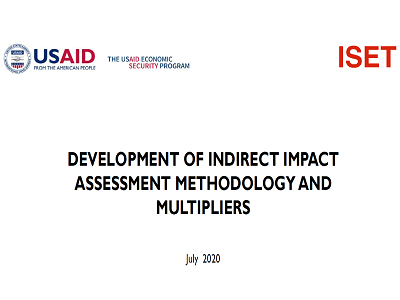
On July 21, ISET Policy Institute (ISET-PI) held an online presentation 'Development of Indirect Impact Assessment Methodology and Multipliers'. The ...
Read more
Under ISET affiliation Luc Leruth, the Lead Economist in the Policy Institute’s Governance and Social Policy Research Center, has recently been ...
Read more
In early February, Dr Leruth gave a presentation to the G20's Task Force on Multilateralism and Global Governance. His address, entitled "Identifying ...
Read more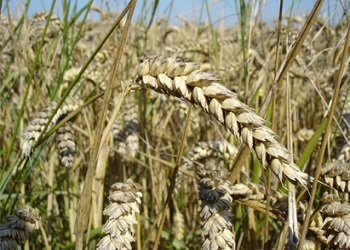
Between August 2014 and May 2015, international wheat prices declined by 18%, rice prices dropped by 14% and maize prices declined by 6% (World Bank, 2015). This decreased prices are expected to be transmitted from international to domestic consumer prices of food items (e.g., wheat flour, bread). However, there are many factors that hinder this transmission process. Several studies analyzed price transmission from international to domestic markets (e.g., Acharya et al. 2012; Götz 2008). In particular, after so called food crises of 2007–2008 and 2010–2011 many studies were focusing on the role of integration of domestic markets to international markets, the price transmission of food prices between large markets and small ones. These crises made interesting to understand and investigate the price relationships in a main food products more thoroughly. Also, to study the implications for food security and livelihoods in food-insecure countries (IFPRI, 2016).
Georgia highly depends on food imports. In particular, the share of wheat import in total wheat consumption of the country has been around 90% in recent years (GeoStat, 2016). Wheat products are the main staple foods both in rural and urban areas in Georgia. Wheat accounted for 41% of the total dietary energy supply in 2005-07. On average in 2005-09 per capita consumption of wheat and wheat products (as foods) was 150 kg/yr. Therefore, improved understanding of market integration of Georgian wheat sector is important for country’s food security.
This policy paper investigates how prices are transmitted from international wheat market to Georgia’s flour market. In particular, this research will address two research questions. First, we measure how international wheat market prices are integrated with domestic prices in Georgia. Furthermore, we conducted Engle-Granger ECM test to understand asymmetric price transmission (APT), whether the positive or negative shocks are transmitted within the same time period.
Download the policy brief presentation
| Since September, 2014, the ISET Policy Institute has been working with the German Economic Team (GET). In May,2015 ISET-PI and GET extended their partnership and began working on a variety of policy briefs for Georgia's industrial development. These briefs will simultaneously advance research in the sector and provide the Georgian government a set of guidelines for the development of its own policy, exploring where Georgia's comparative advantages lie. The German Economic Team is a consulting group who provides advisory services to the Georgian government on economic policy and is supported by the German Federal Ministry for Economic Affairs and Energy. |

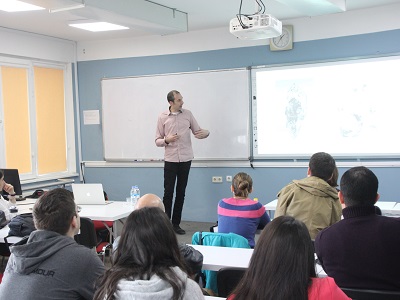
On the 13th of November, ISET was visited by Joey Cherdarchuk of Darkhorse Analytics, a Canadian company specializing in data science and information design. The firm is dedicated to helping organizations and individuals present their data in a clear...
Read more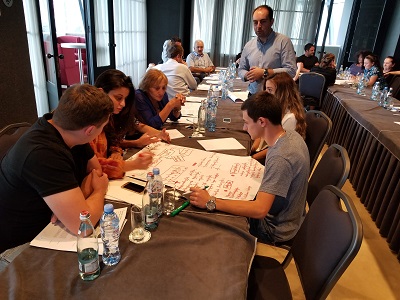
September 17-18 2018, the APRC’s Rati Kochlamazashvili and Pati Mamardashvili conducted a training exercise for Civil Society Organizations (CSO) running Social Enterprises (SE) in value chain analysis and development. In the recent years, SE ...
Read more
Georgia committed to harmonize its electricity market legislation with EU Third Energy Package and liberalize it according to the accession protocol with the Energy Community. These structural changes are expected to contribute to a more efficient fu...
Read more
ISET Policy Institute collaborated with Gesellschaft für Internationale Zusammenarbeit (GIZ) starts a training course about integrating ecosystem services into local development planning. Integrating Ecosystem Services into Local Development Pl...
Read more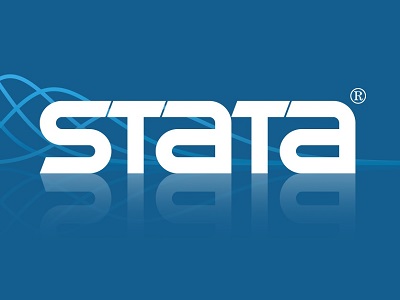
ISET-PI trains Competition Agency of Georgia Staff in the basics of econometrics and STATA. The objective of the training is to strengthen the capacity of the Competition Agency staff to use STATA to conduct independent data analysis, run OLS regress...
Read more
ISET is implementing a new training program, "Economics, Finance and Banking," with VTB Bank. The aim of the program is to introduce VTB Bank's employees to the major principles of economics, finance and banking. The training program is now being co...
Read more